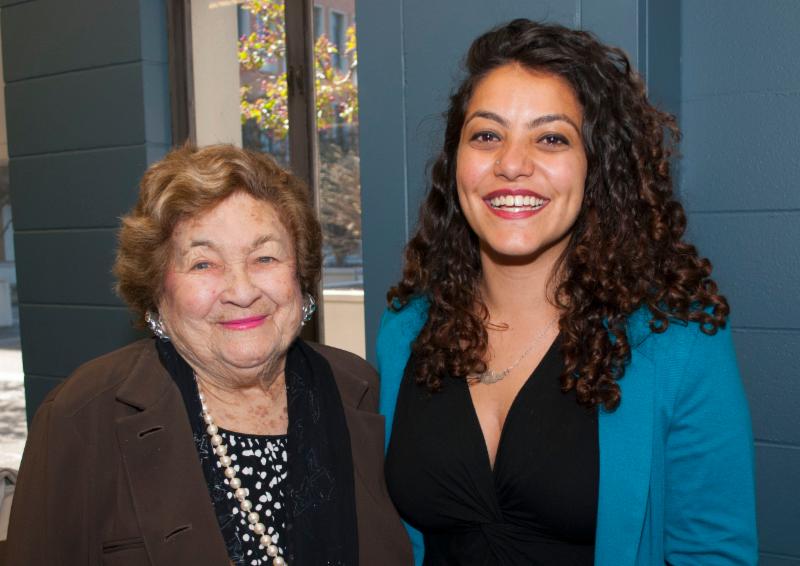In her research as part of Alejandro Baer’s course, SOC 4315 “Never Again! Memory & Politics after Genocide,” Alana Erickson reviewed media coverage of violence against Yazidi women in territory controlled by the Islamic State (IS). Below is a reflection of her work.
Looking at the repeated recounting of women’s traumatic experiences in the gory detailed articles across my news log, I find the descriptions of the crimes often gratuitous. I am critical of the use of descriptive stories and recounts of sexual violence perpetrated against Yazidi women by Daesh / the Islamic State (IS). Why are the writers choosing to use these descriptions or leaving them out completely? I am aware that these are real atrocities which happened, and part of reporting on them may include telling things that horrify any sensible reader. However I found myself avoiding logging the more horrible articles in my research, and instead writing them off as pointlessly evocative. I believe that there is something very powerful at play under the surface of these representations of the trafficking and sexual violence of Yazidi women in the news.


